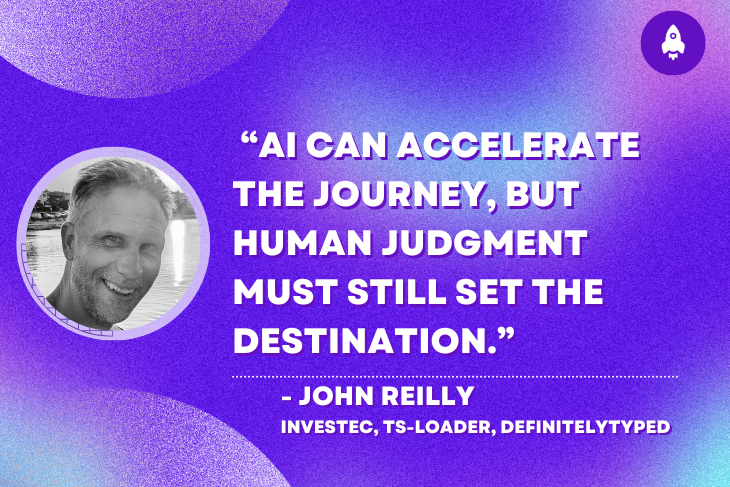
"AI is a fantastic tool. In a short time, it has changed the way the whole industry builds software. Where we used to write every line ourselves, now the code we produce is generally a collaboration between an engineer and AI tooling. The likes of GitHub Copilot, Claude Code, ChatGPT, Replit etc., all combine to make being a software developer in 2025 quite different from what it was in 2022. The rate of change has been giddying."
"This post exists to dig into a little of the nuance around how software development has been changed by the innovations of AI: both the positives and the negatives. We'll also discuss the tooling and approaches that have carried the industry forward, and the brand new pitfalls that are now revealing themselves. This post won't be exhaustive. Given how fast AI has changed and keeps changing, many of the reference points in this post may seem out of date from the moment of publication."
AI tooling has shifted software development from manual line-by-line coding to collaborative workflows where engineers and AI systems jointly produce code. Widely used tools include GitHub Copilot, Claude Code, ChatGPT, and Replit, which increase productivity and change developer roles. Rapid innovation has created new tooling patterns like agent mode and novel pitfalls that require attention. Enterprise adoption, exemplified by early AI use in financial firms, accelerates integration of AI into engineering practices. Longstanding open source experience, TypeScript expertise, and cross-industry collaboration inform practical approaches to tooling, testing, and governance. Underlying principles aim for durable guidance despite fast-changing specific technologies.
Read at LogRocket Blog
Unable to calculate read time
Collection
[
|
...
]